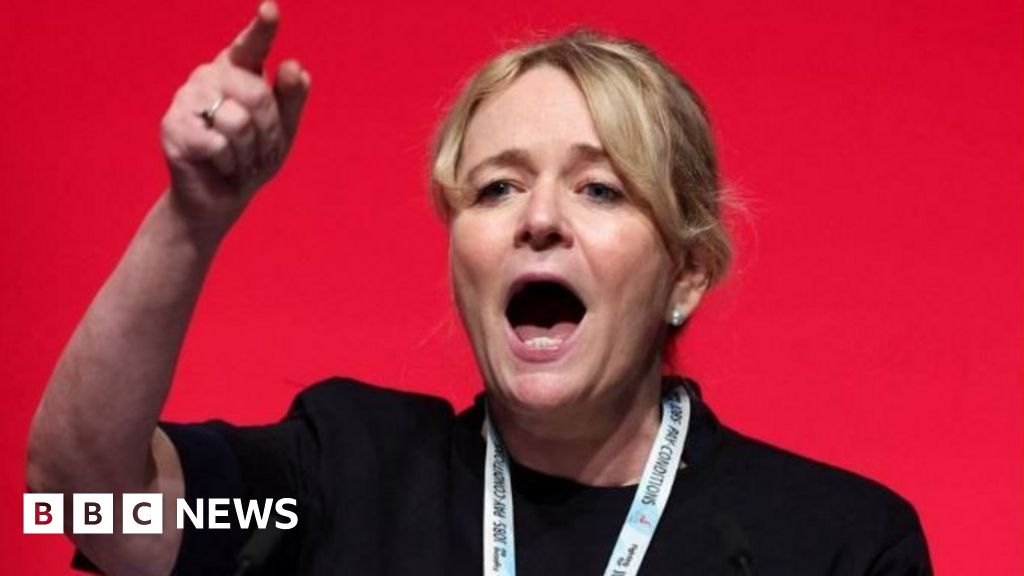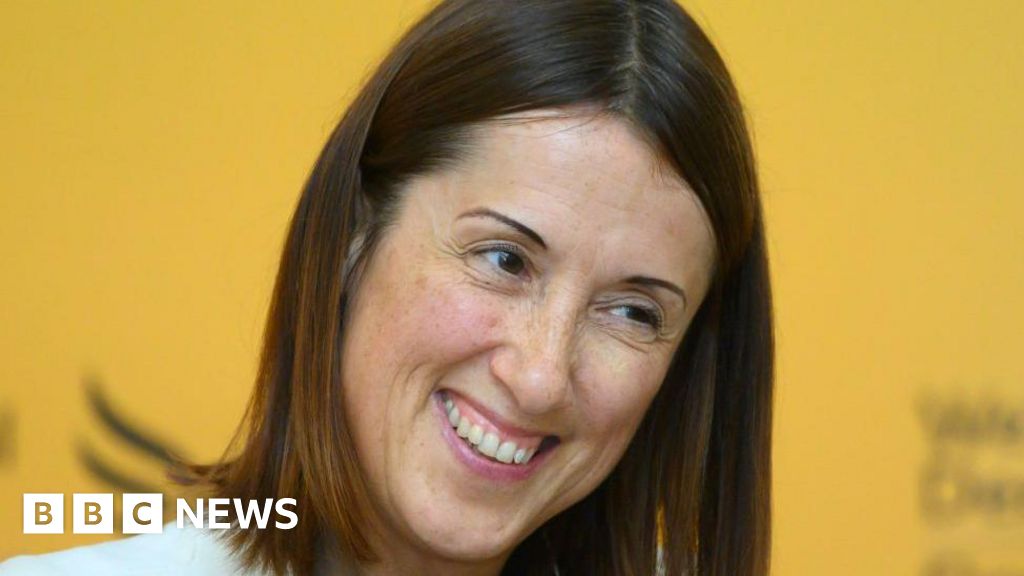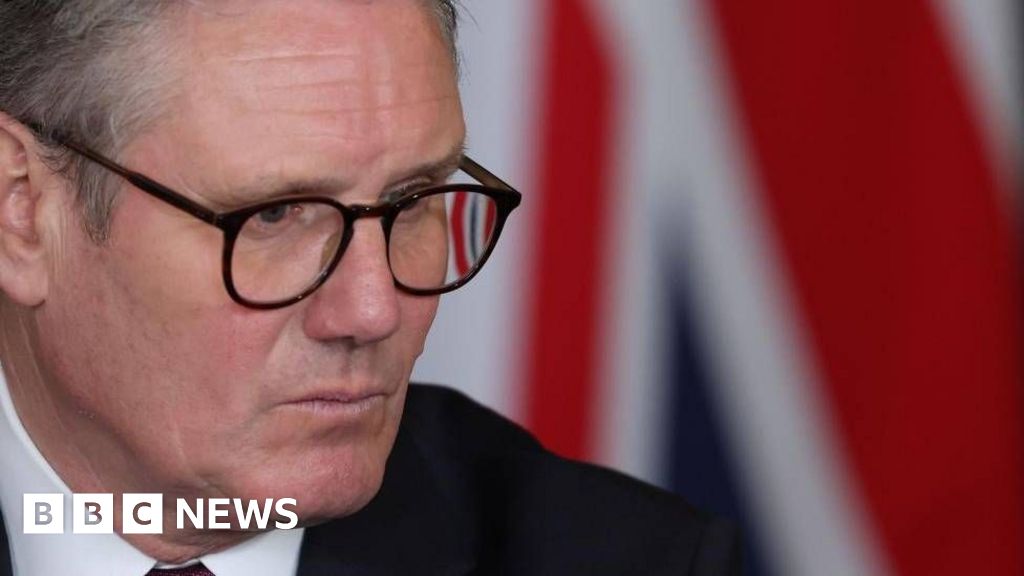ARTICLE AD BOX
The UK government has rejected calls from politicians across the UK to halt the planned cut to universal credit.
The £20 top-up introduced during the pandemic is due to be phased out from late September.
In a letter, the chairs of the welfare committees in the UK's four parliaments said the increase should be permanent.
But Work and Pensions Secretary Therese Coffey told them it was right to focus on supporting people back into work.
Universal credit is claimed by more than 5.5 million households in the UK.
The payment, which combines six benefits for working-age people, currently pays a minimum standard allowance of £344 a month.
Responding to a letter from the four cross-party committees, Ms Coffey said: "Now the economy has reopened, it is right that the government should focus on supporting people back into work and supporting those already employed to progress in their careers.
"Our ambition is to support two million people move into and progress in work through our comprehensive £33bn Plan for Jobs."
The letter calling for the top-up to be made permanent was signed by the chairs of committees at Westminster, the Scottish Parliament, the Senedd in Wales and Northern Ireland Assembly.
It was signed by Labour's Stephen Timms at Westminster, the SNP's Neil Gray for Holyrood, Paula Bradley of the DUP for Stormont and Labour's Jenny Rathbone at the Senedd in Cardiff.
The three devolved governments have also criticised the cut.
Mr Timms accused Ms Coffey of a "dismissive response" to the letter.
He added: "The £20 cut will plunge hundreds of thousands, including children, into poverty. Instead, the government should extend the lifeline beyond September.
"The secretary of state's dismissive response to our letter suggests that the government is still in denial about the impact of ending the increase."
Extending the uplift would cost around £6bn a year and the government says spending has to be brought under control after unprecedented emergency interventions during the pandemic.
But Prime Minister Boris Johnson could face a backbench rebellion, with a number of Tory MPs among those concerned about the impact of removing the uplift.
They include former work and pensions secretaries and a number of MPs representing constituencies in the north of England.
They expect more pressure to be put on the government in September.

 3 years ago
59
3 years ago
59








 English (US) ·
English (US) ·